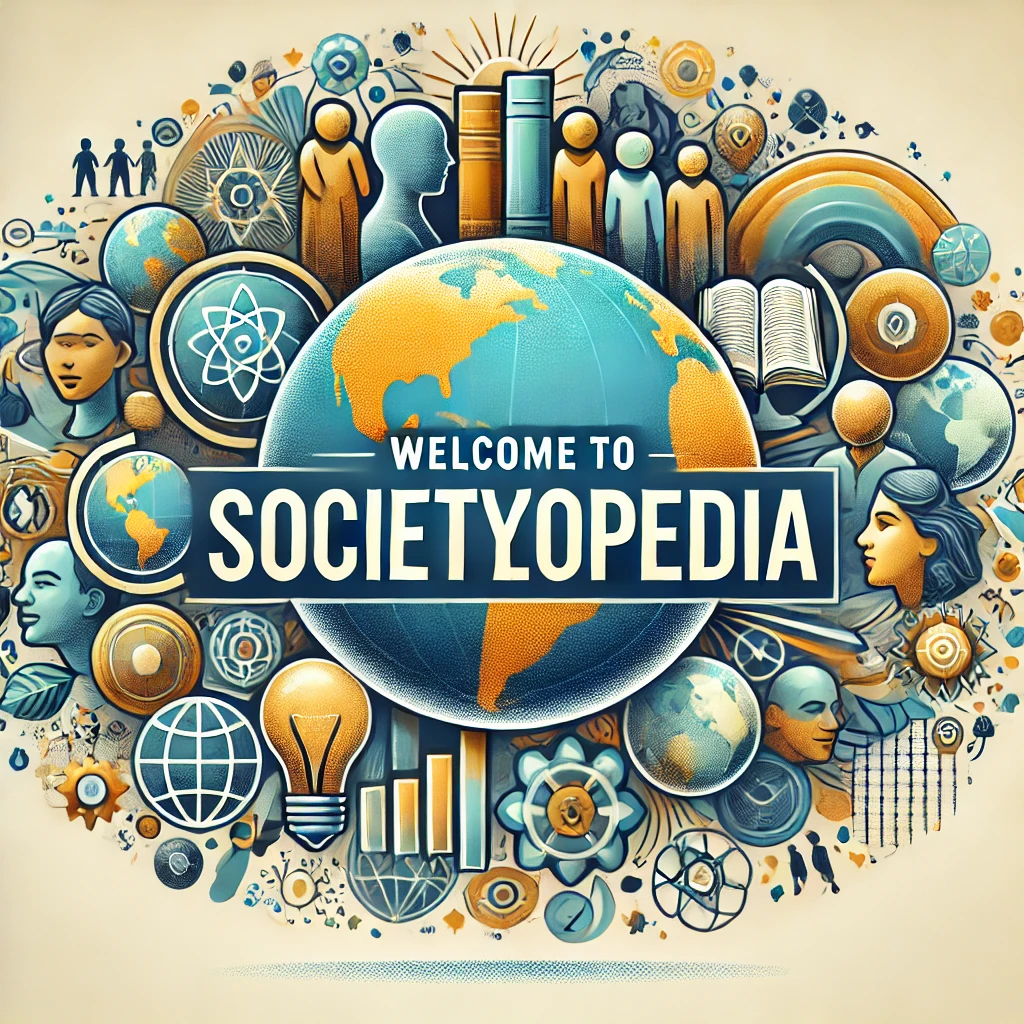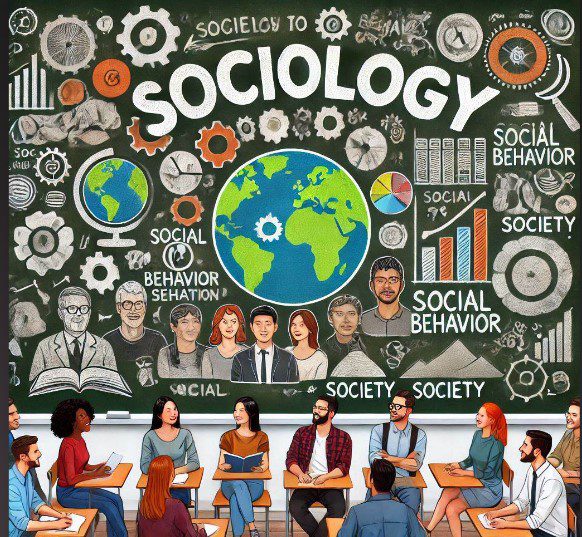Sociological Research Methods
Sociology employs a variety of research methods to explore social phenomena, ranging from quantitative to qualitative approaches. Below is an overview of key methods:
Quantitative Methods
- Definition: Focuses on numerical data to identify patterns and correlations.
- Examples:
- Surveys: Used to collect data from large groups. For instance, a nationwide survey on public attitudes toward immigration.
- Statistical Analysis: Examines crime rates across different cities to identify socioeconomic trends.
- Strengths: Reliable for analyzing large-scale phenomena, such as census data.
- Limitations: May oversimplify complex social behaviors.
Qualitative Methods
- Definition: Involves non-numerical data to understand meaning and experience.
- Examples:
- Ethnography: Immersing in a community to study its culture. For example, a sociologist might live with a farming community to explore the effects of globalization.
- Interviews: In-depth conversations to understand personal experiences, such as interviewing refugees about their integration challenges.
- Strengths: Provides deep insights into subjective experiences.
- Limitations: Time-intensive and difficult to generalize findings.
Mixed Methods
- Combines both quantitative and qualitative approaches. For example, using surveys to identify trends in education inequality and then conducting interviews with students for deeper context.
Emerging Approaches
- Digital Sociology: Studies the impact of technology and digital platforms on society, such as how algorithms influence dating or job searches.
- Network Analysis: Examines relationships and interactions within social networks, such as how misinformation spreads on social media.
Contemporary Social Movements and Sociological Theories
Sociology provides tools to analyze and understand contemporary social movements. Here’s how key theories apply:
Climate Justice Movement
- Conflict Theory: Highlights inequalities where developed nations contribute most to climate change, but developing nations suffer its effects.
- Structural Functionalism: Explores how movements disrupt societal norms to provoke systemic change, like advocating for renewable energy over fossil fuels.
- Symbolic Interactionism: Analyzes the role of symbolic actions, such as Greta Thunberg’s school strikes, in creating a shared identity among activists.
Black Lives Matter (BLM)
- Conflict Theory: Frames systemic racism as a root cause of police violence and economic disparity.
- Symbolic Interactionism: Investigates how slogans like “Say Their Names” foster collective consciousness.
- Globalization Lens: Examines how the movement resonates internationally, sparking global discussions on racism.
Feminist Movements
- Intersectionality: Coined by Kimberlé Crenshaw, this concept explores overlapping systems of oppression, such as gender, race, and class.
- Conflict Theory: Addresses the struggle for gender equity in workplaces, education, and politics.
- Symbolic Interactionism: Studies how language, like the reclaiming of terms such as “nasty woman,” influences gender discourse.
Future Trends in Sociology
Sociology continues to evolve, addressing emerging challenges in an increasingly interconnected world. Key future trends include:
Artificial Intelligence and Society
- Focus: How AI and automation reshape labor, social interactions, and ethics.
- Example: Sociologists study biases in AI systems, such as facial recognition technologies disproportionately misidentifying people of color.
Digital Communities
- Focus: Examining how virtual spaces create new forms of identity, interaction, and activism.
- Example: The rise of decentralized online movements, such as those advocating for cryptocurrency adoption.
Climate Sociology
- Focus: The interplay between environmental changes and social behavior.
- Example: Sociologists analyze migration patterns caused by climate disasters, like drought-induced displacement in Sub-Saharan Africa.
Globalization and Identity
- Focus: The tension between global cultural homogenization and local identities.
- Example: Exploring how global fast-food chains adapt to local traditions, balancing corporate branding with cultural authenticity.
Intersectionality in Research
- Focus: Expanding studies to include the interconnected nature of various identities, like LGBTQ+ experiences within immigrant communities.
Summary
The sociological perspective is not only a tool for understanding the past and present but also a guide for navigating the future. By embracing diverse research methods, analyzing social movements, and adapting to emerging trends, sociology remains essential for addressing the complexities of a rapidly changing world.


